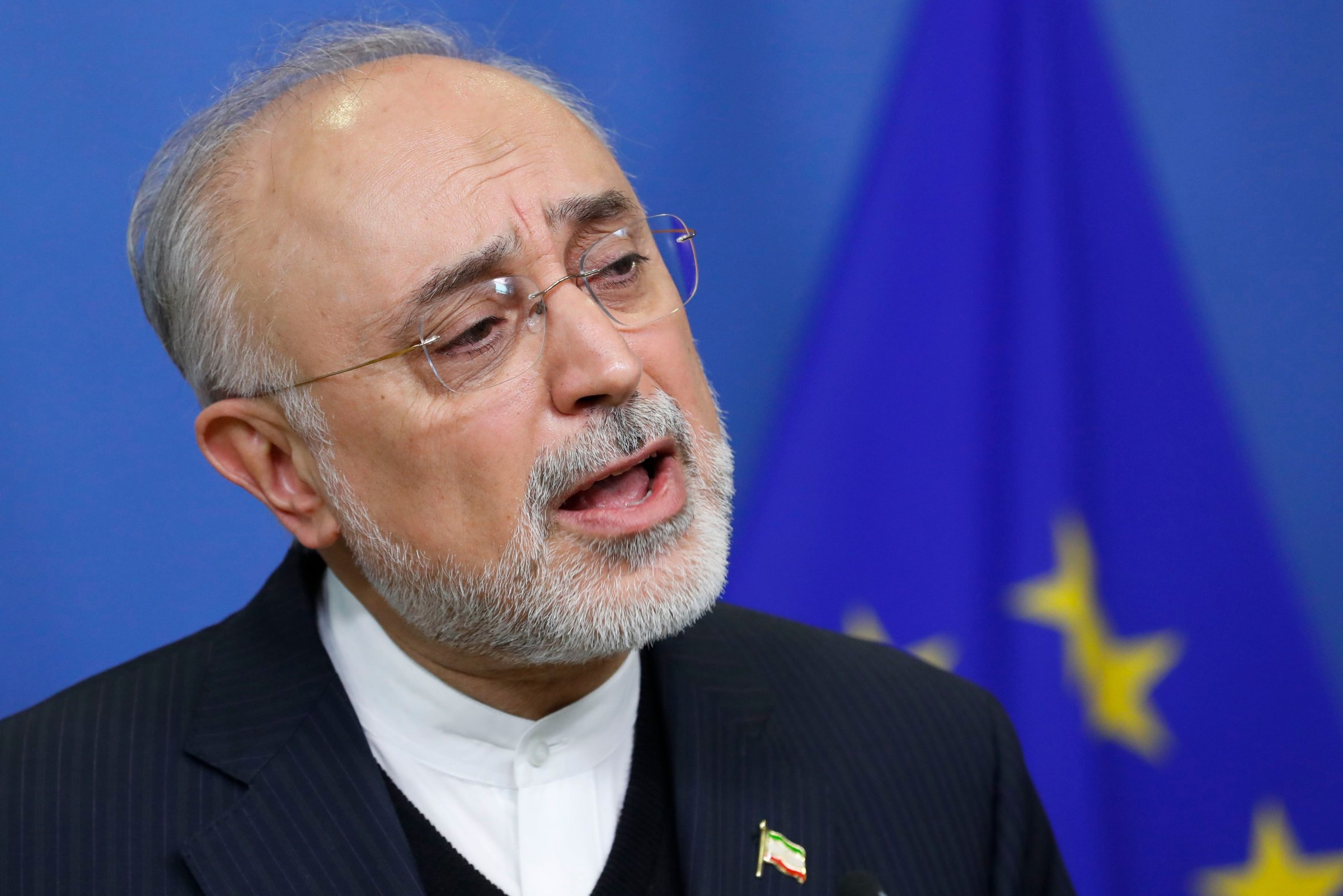
(Bloomberg) — Three key European Union nations are set to make good on a pledge to help their companies trade with Iran despite U.S. sanctions, a move that could help to salvage a nuclear deal with the Islamic Republic but may have more political symbolism than economic impact.
The announcement of the so-called special purpose vehicle could come as soon as Monday, two diplomats familiar with the matter said, asking not to be identified as last-minute negotiations on the wording of the EU statement continued. The mechanism is key to the EU’s effort to keep Iran from quitting the 2015 accord to constrain its nuclear activities in exchange for sanctions relief. The U.S. pulled out of the deal in May and has since reimposed sanctions.
A draft EU statement seen by Bloomberg welcomes the initiative by U.K, France and Germany as providing “a positive impact on trade and economic relations with Iran, but most importantly on the lives of Iranian people.” The statement is going to be discussed by EU government envoys in Brussels on Monday morning and may be released soon after, if all 28 member states approve.
The initiative reflects both European determination to uphold the Iran deal and growing concerns in Europe about the dollar’s clout in the international financial system. The mechanism is supposed help protect European companies keen to do business in Iran from U.S. sanctions that could result from dollar-based transactions.
The vehicle would theoretically receive payments from companies that want to continue doing business with Iran, either by receiving waivers for oil imports or permissible trade in goods like food and medicine. With no direct transfer of funds between Iran and European actors, it would, theoretically at least, insulate firms from U.S. penalties.
The Trump administration has deemed the channel an attempt to evade its “maximum pressure” campaign on Iran, while casting doubt on its ability to circumvent U.S. restrictions. In December, the U.S. Treasury’s top sanctions official Sigal Mandelker, said she’s not concerned “at all” that the mechanism can sidestep sanctions.
Since the U.S. left the nuclear accord, the deal’s remaining powers — China, France, Germany, Russia and the U.K. — have struggled to provide the sanctions relief promised when Iran agreed to limits on its nuclear activities. The mechanism proposed by the European nations faced delays and skepticism that it can successfully persuade companies to trade.
Iran’s nuclear chief, Ali Akbar Salehi, said last week that Iran is ready to re-start its enrichment program using more advanced technology if the nuclear agreement fails, according to Iranian newswires. The country is considering the manufacture of nuclear fuel used in naval propulsion systems, implying it may ramp up uranium enrichment levels closer to the purity needed for weapons.
More Must-Reads from TIME
- Donald Trump Is TIME's 2024 Person of the Year
- Why We Chose Trump as Person of the Year
- Is Intermittent Fasting Good or Bad for You?
- The 100 Must-Read Books of 2024
- The 20 Best Christmas TV Episodes
- Column: If Optimism Feels Ridiculous Now, Try Hope
- The Future of Climate Action Is Trade Policy
- Merle Bombardieri Is Helping People Make the Baby Decision
Contact us at letters@time.com